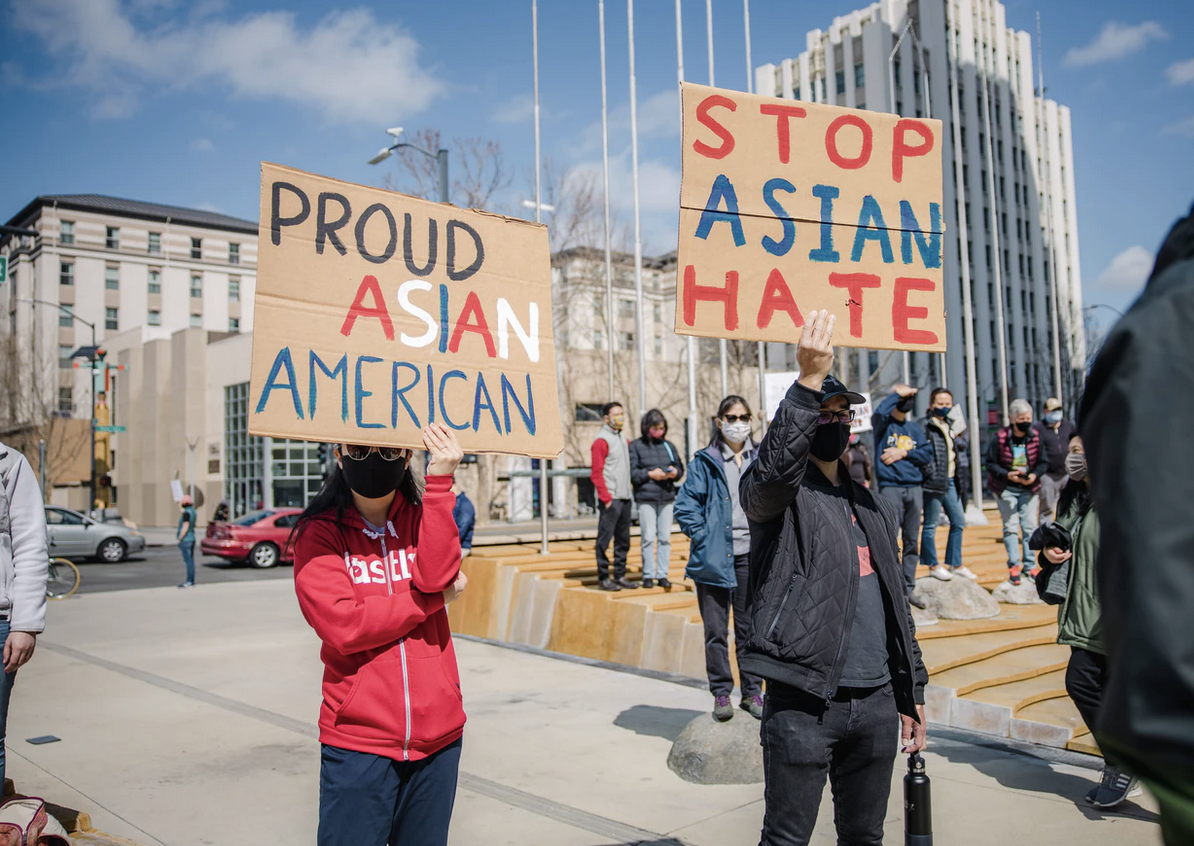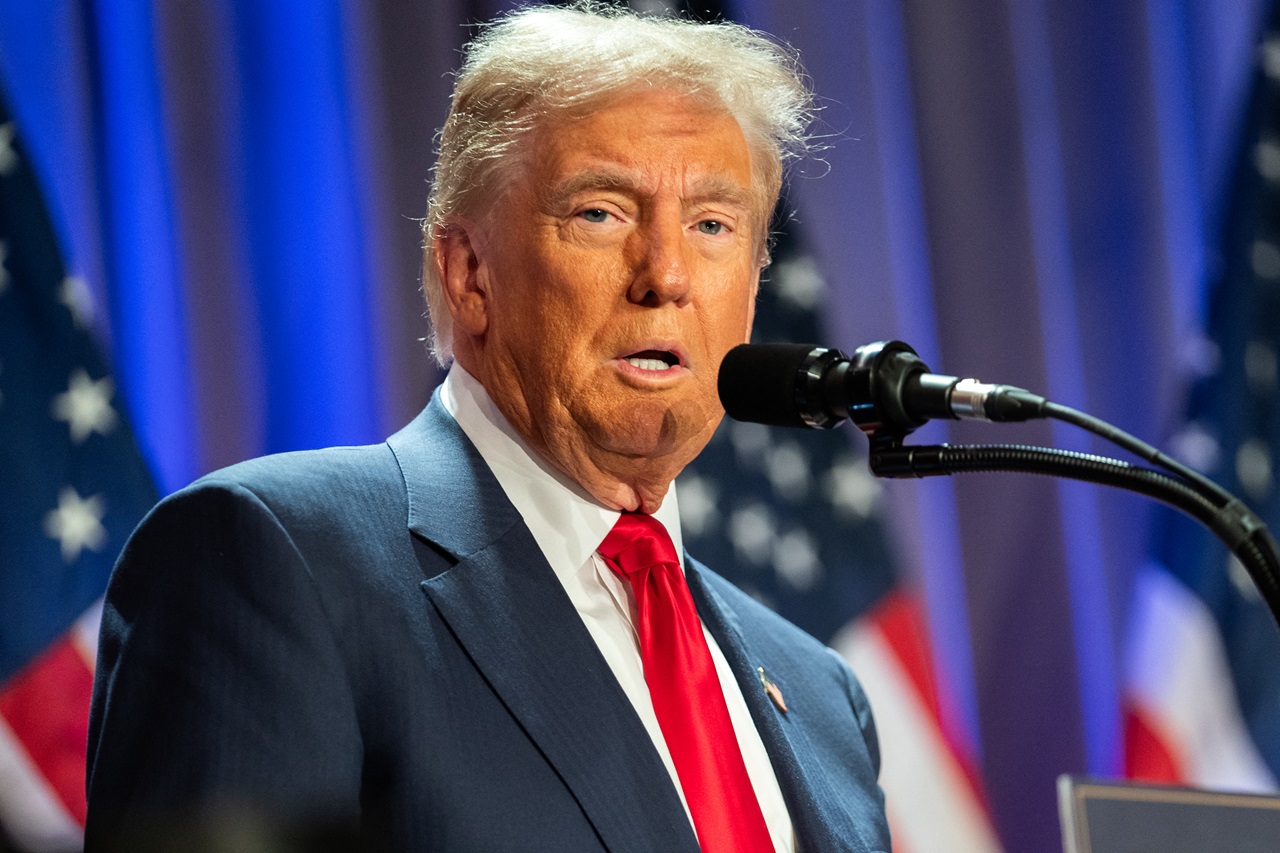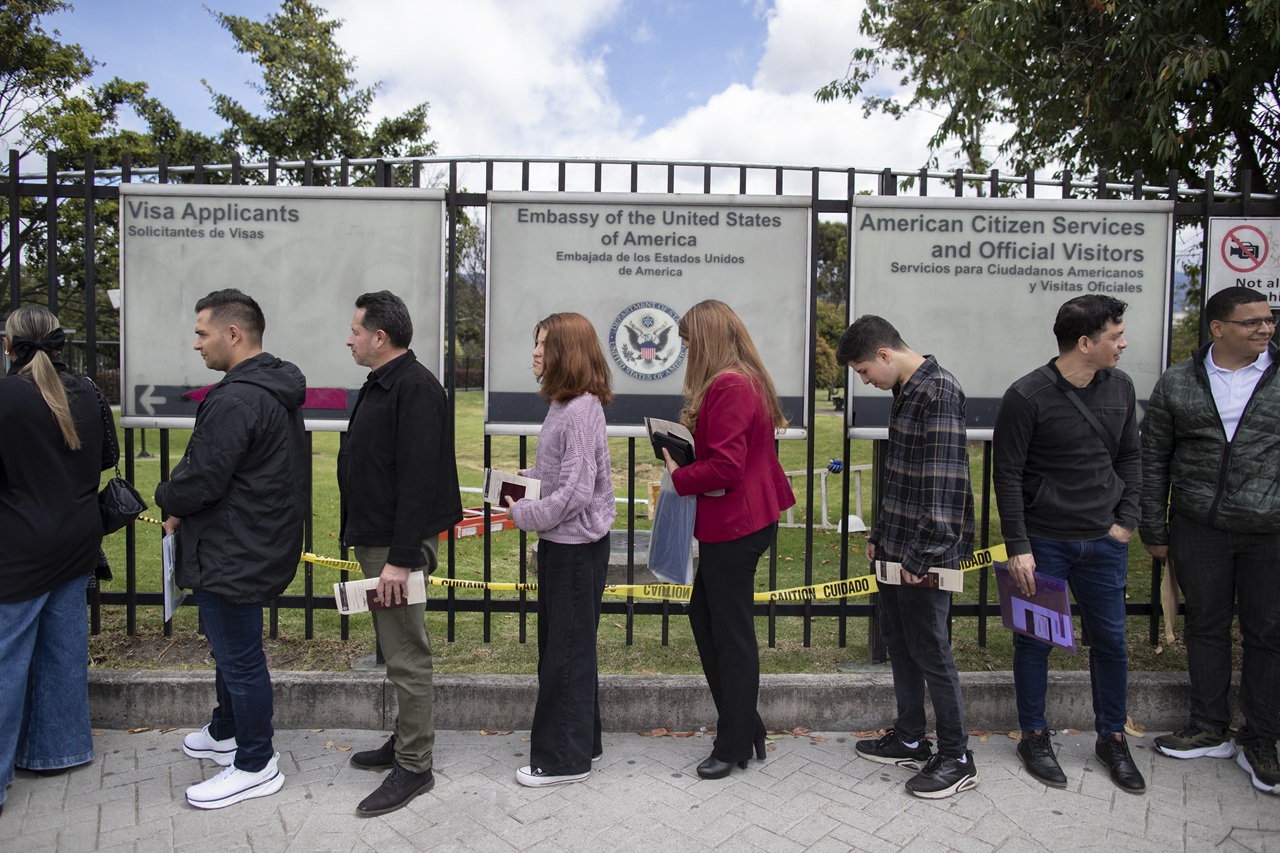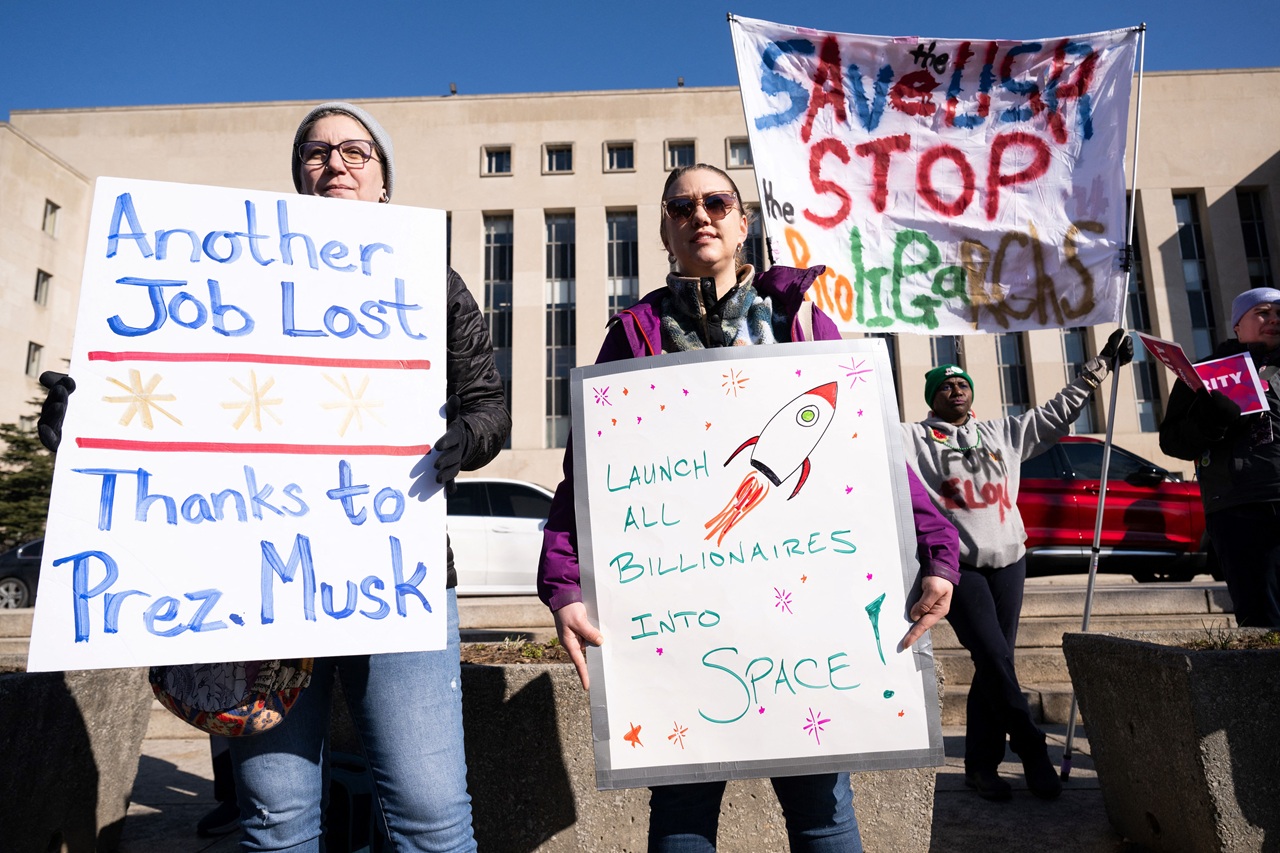
How the current uptick in AAPI hate crimes has affected Asian-American mental health
On Thursday, May 27, Stop AAPI Hate, Brigham and Women’s Hospital and the Asian American Psychological Association released a new report on the unprecedented mental health concerns that Asian-Americans are facing due to the COVID-19 pandemic and the subsequent increase in anti-Asian hate.
The report revealed that Asian-Americans who have experienced racism are more anxious about anti-Asian hate instances than the pandemic itself.
(1/4) New report: our latest research on the impact of COVID-19 related racism on the mental health of Asians and Pacific Islanders shows that the victims and survivors of hate are more stressed about racism than the pandemic itself. More at https://t.co/wRP6IRBcdc
— Stop AAPI Hate (@StopAAPIHate) May 27, 2021
An included survey also found that one in five Asian-Americans who have experienced racism display signs of racial trauma, which is the psychological and emotional harm caused by repeated exposure to racism.
The report stated that Asian-Americans who have experienced racism also have heightened symptoms of depression, anxiety, stress and physical symptoms.
It’s evident that the alarming rise in anti-Asian hatred, discrimination and violence across the country and the world is becoming detrimental to the overall mental wellbeing of the community.
Everyone experiences stress, pressure and other forms of mental distress, and one in five U.S. adults experience some form of mental illness each year, according to the National Alliance on Mental Illness.
But not everyone has equal access to resources like therapy and medication. And for many Asian-Americans, the lack of access is deeper than socioeconomic status or language barriers — seeking help for a mental illness is heavily stigmatized.
According to Mental Health America, they are the racial group least likely in the U.S. to seek mental health services. But as the report demonstrates, this community is suffering, and it should no longer be in silence.
In a press release about the new report, Dr. Richelle Concepcion, president of the Asian American Psychological Association, commented on some of the barriers that Asian-Americans run into.
“A couple of the most challenging obstacles Asian-Americans face in seeking mental healthcare are overcoming the stigma around receiving help and having limited access to culturally competent therapists,” said Concepcion.
An article published by ABC News in early March predicted that this rise in anti-Asian violence may lead to a mental health crisis.
In a conversation with AL DÍA, Chisato Kimura, a 21-year-old Japanese-American woman living in Kansas, put it bluntly:“the mental health crisis is already here.”
“I’m sure it’s gotten worse because of this [rise in hatred]. And talking with my friends confirms it. This has already been a very large issue for a lot of Asian-American immigrant families — they have a lot of stressors in their lives. There are also some cultural pressures that Asian-American kids have,” Kimura said.
Kimura recalled being a child and experiencing a great deal of mental health issues, but feeling that she couldn’t talk about it.
HELLO I JUST STARTED MY ADHD MEDS AND OMG THIS IS ACTUALLY LIFE-CHANGING.
— chisato (she/her) (@more_salt_plz) April 16, 2021
It feels like a bunch of restrictive layers from my brain are melting away and I can sense and see the world so much clearer and I could cry
Between the educational pressures, the burden of the model minority myth, and experiencing microaggressions, Kimura knows too well that the crisis is here and it is “largely overlooked” not only by her own community, but also by society as a whole.
However, Kimura does remain hopeful that things are slowly changing.
The onslaught of physical attacks and discrimination has led Asian-Americans to make lifestyle changes for their own protection, and it has inspired more people to start speaking out against this hate that many have dealt with their whole lives.
“We’re all thinking: ‘Oh my God, what if I'm the next person?’ So I do think that there is more awareness about mental health in the Asian-American community right now as a result of everything that's happening,” Kimura said.
Hyun-Woo Hung, a 22-year-old Korean-American man, recently experienced an instance of anti-Asian violence while walking home from a sushi restaurant in the Northern Liberties section of Philadelphia with his girlfriend, Rebekah.
“Suddenly out of nowhere I heard a smack on a roadside barrier behind me and I didn’t know what it was but my clothes felt wet. I remember things going into slow motion as Rebekah took my arm and just yelled “egg!” and [told me] to run, so I did without even knowing what happened,” Hung said.
Hung told AL DÍA that while they were running, Rebekah explained to him that a group of white guys in a car began chucking eggs at the both of them. Hung remains shaken by the incident.
CONTENIDO RELACIONADO
“It took me a few hours to process what happened and what freaked me out more is that Rebekah could have been in more danger just because I look different. Thankfully it was just an egg,” Hung said.
He said that if Rebekah wasn’t there with him, it would have taken him much longer to heal from the incident. But she fixed his clothes, gave him a big hug, and reminded him that she was there for him.
“Her love and solidarity make a huge positive impact in my life,” said Hung. “She really does help a lot with my mental health. Without her support, living in the U.S. would really suck, and my mental health would be at an all time low.”
But unlike Hung, most Asian-Americans don’t always have this kind of support and protection on the streets or at home. When they’re out in the world, they can experience a wide range of racial hatred and discrimination, and they often go home to a space where talking about mental health is not encouraged at all.
However, it appears that this community has reached somewhat of a breaking point when it comes to mental health and seeking care.
According to a 2020 McKinsey & Company report, there was a 39% increase in the number of Asian-Americans who sought mental health support from Crisis Text Line.
Crisis Text Line sees spike in activity from Asian Americans
— The Center for Public Integrity (@publicintegrity) April 17, 2020
Spike in texts to mental-health support group from Asian Americans after Trump called the coronavirus the “Chinese virus.(Story co-published @NBCNews) https://t.co/UEekCTSwYJ
The Orange County Asian Pacific Islander Community Alliance reported receiving three times the number of calls requesting mental health services over the last year compared to the year before.
Melody Chang, Helen Wu and Janet Wang, hosts of the LA-based podcast Asian Boss Girl, released an episode in February discussing the #StopAsianHate movement, and how to prioritize mental health amid the racial trauma and heart wrenching headlines.
Episode 104: #StopAsianHate with Tammy Cho & Michelle Hanabusa, Co-founders of Hate is A Virus https://t.co/4p8dNbMFBE
— AsianBossGirl (@asianbossgirl) February 26, 2021
Many young Asian-Americans have been hosting livestreams on platforms such as Twitch, and Tiltify to raise funds for the Asian American Mental Health Collective, like Stephanie, an 18-year-old Chinese-American who is currently studying psychology.
In early April, Stephanie hosted a 10-hour stream on her Twitch channel to raise money for the organization. Stephanie was able to raise over $2,000, and this gave her the faith that things are slowly improving.
“Honestly, it's still surreal to me. I haven't given much thought about it because it's like when you raise such a large amount of money, you don't really it's hard to picture. It's hard to feel like it's real,” she said.
thank you guys for everything. together we raised over $2k for the asian mental health collective. you guys give me faith that we are on the road to change.
— stephabue (@StephabueLive) March 8, 2021
to everyone that was involved through watching/sharing/donating; thank you, i hope to see you guys again soon.
This is not an easy road, and it is loaded with several roadblocks, but the Asian-American community is standing up for themselves, for their elders, for their families, and for their own mental health.










DEJE UN COMENTARIO: